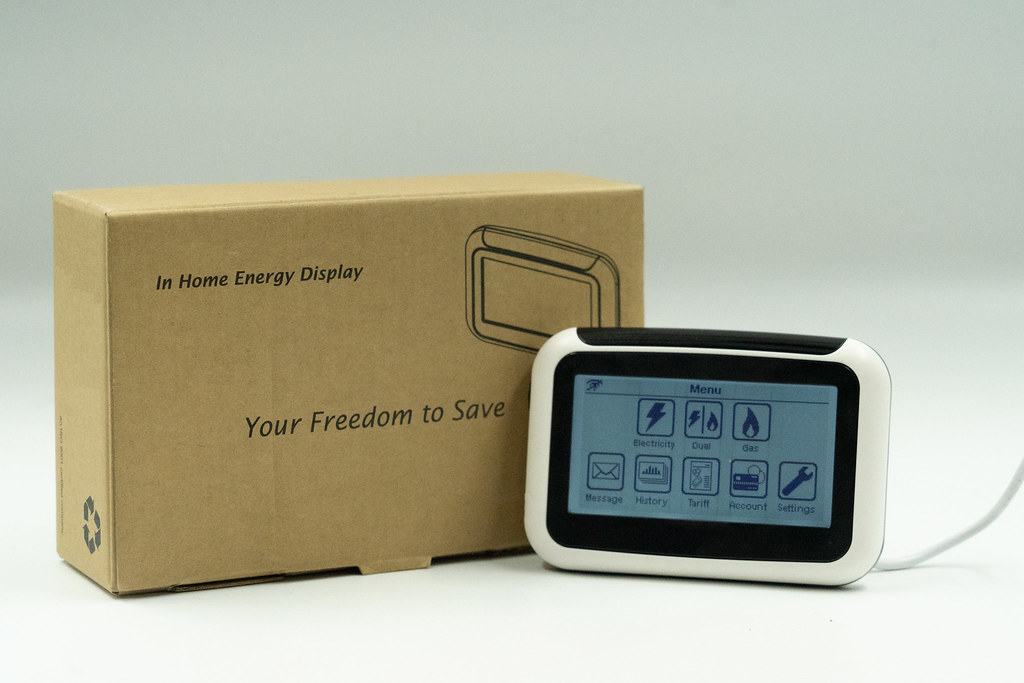In our increasingly digital world, smart meters have become a significant component in the transition towards more intelligent energy management. With the UK government aiming to offer smart meters to every home and small business by 2025, it’s important to understand how these devices work and whether they offer genuine financial benefits (OFGEM). In this expanded blog post, we’ll delve deeper into the functionalities, advantages, and considerations regarding smart meters.
What Is a Smart Meter?
A smart meter is a next-generation metering device that measures your gas and electricity consumption in real-time. Unlike traditional meters that require periodic manual readings, smart meters automatically send this information to your energy supplier.
How Do Smart Meters Work?
Real-time Monitoring and Transmission
Smart meters collect data on your energy consumption at regular intervals, often every half-hour, and wirelessly transmit it to your energy supplier. This technological advancement ensures you get billed only for your actual usage, eliminating the guesswork involved in estimated bills.
In-Home Display (IHD)
The majority of smart meters come with an in-home display (IHD). This digital screen provides near real-time information on your energy usage in kilowatt-hours (kWh) and translates it into cost (£), making it easier for consumers to understand their consumption patterns.
Connectivity with Smart Devices
Advanced models can integrate with other smart home devices and systems, allowing for remote control of home appliances, heating, and lighting, thereby providing another layer of energy management.
Can They Help You Save Money?
Accurate Billing
Smart meters eliminate the need for estimated bills. By only paying for the energy you actually use, you can avoid the risk of overpaying, which can be a significant benefit in the long run.
Real-Time Data for Real Savings
By providing real-time feedback on your energy consumption, smart meters encourage energy-efficient habits. Knowing your consumption patterns allows you to adjust behaviour and possibly save on your energy costs.
Time-of-Use Tariffs
The data collected by smart meters can enable more flexible pricing structures. Some energy providers offer time-of-use tariffs that offer discounted rates during off-peak hours, which can be especially beneficial for those who can shift their high-energy activities to these periods.
Quick Fact: According to a study by Citizens Advice, smart meters could help households save up to 3% on their annual energy bills, which translates to about £35 per year, assuming an average electricity rate of £0.35 per kWh.
Additional Considerations for Installing a Smart Meter
Initial Costs
While the smart meter itself is usually provided free of charge by energy suppliers, some may charge for the installation. Check with your supplier for specifics.
Data Privacy
Smart meters collect detailed information about your energy usage. While this data is encrypted and secure, those with privacy concerns should understand how their data will be used and stored by their energy provider.
Compatibility
Not all homes or offices may be suitable for a smart meter installation. Factors like building materials and location can affect the meter’s ability to transmit data effectively.
Tips for Maximising Savings with Smart Meters
Regularly Check Your IHD
Utilize the in-home display to track your real-time consumption. By understanding your usage patterns, you can identify which appliances or activities are energy hogs.
Utilize Time-of-Use Tariffs
If your energy provider offers time-of-use tariffs, consider adapting your energy consumption to benefit from lower rates during off-peak hours.
Pair with Smart Home Automation
Integration with smart home systems can further enhance energy-saving measures. For instance, smart thermostats can be programmed to heat or cool your home only when occupied, thus reducing energy wastage.
Summary
Smart meters offer a modern and more precise approach to monitoring and managing energy consumption. They provide real-time data, enabling more informed decisions that can benefit both your wallet and the planet. Although they represent an upfront investment of time and possibly money, the potential for long-term savings and more efficient energy use make smart meters a worthwhile consideration for any home or business.
